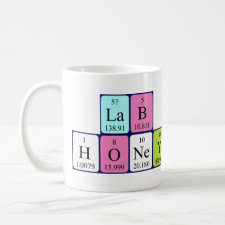
Authors: Zhang L, Chen L, Zhang H, Yang YZ, Liu XG
Article Title: Recognition of 5-fluorouracil by thermosensitive magnetic surface molecularly imprinted microspheres designed using a computational approach.
Publication date: 2017
Journal: Journal of Applied Polymer Science
Volume: 134
Issue: (43)
Page numbers: ArticleNo45468.
DOI: 10.1002/app.45468
Abstract: Thermosensitive magnetic surface molecularly imprinted polymer microspheres based on thermosensitive monomer n-isopropylacrylamide (NIPAM) are applied for the recognition of 5-fluorouracil (5-FU). A computational analysis is used to predict the interaction sites between 5-FU and NIPAM, the stoichiometry of the synthesis procedure, and the affinity of imprinted cavities toward 5-FU. Due to hydrogen bond interactions, a stable complex configuration of 5-FU and NIPAM shows a binding energy of -46.50 kJ/mol confirming the suitability of imprinting 5-FU into thermosensitive polymer network. After optimization, the appropriate stoichiometry of 5-FU to NIPAM is set to 1:4 during the preparation process. The simulated imprinted cavities show affinity toward 5-FU, with a binding energy of -112.24 kJ/mol. A preliminary experimental evaluation for the drug recognition of thermosensitive magnetic surface molecularly imprinted polymer microspheres is made, obtaining an adsorption capacity of 21.72 mg/g at 25 °C. Pseudo-second-order kinetics well describes the adsorption process. © 2017 Wiley Periodicals, Inc. J. Appl. Polym. Sci. 2017, 134, 45468
Template and target information: 5-fluorouracil, 5-FU
Author keywords: drug delivery systems, molecular recognition, theory and modeling



Join the Society for Molecular Imprinting

New items RSS feed
Sign-up for e-mail updates:
Choose between receiving an occasional newsletter or more frequent e-mail alerts.
Click here to go to the sign-up page.
Is your name elemental or peptidic? Enter your name and find out by clicking either of the buttons below!
Other products you may like:
 MIPdatabase
MIPdatabase









